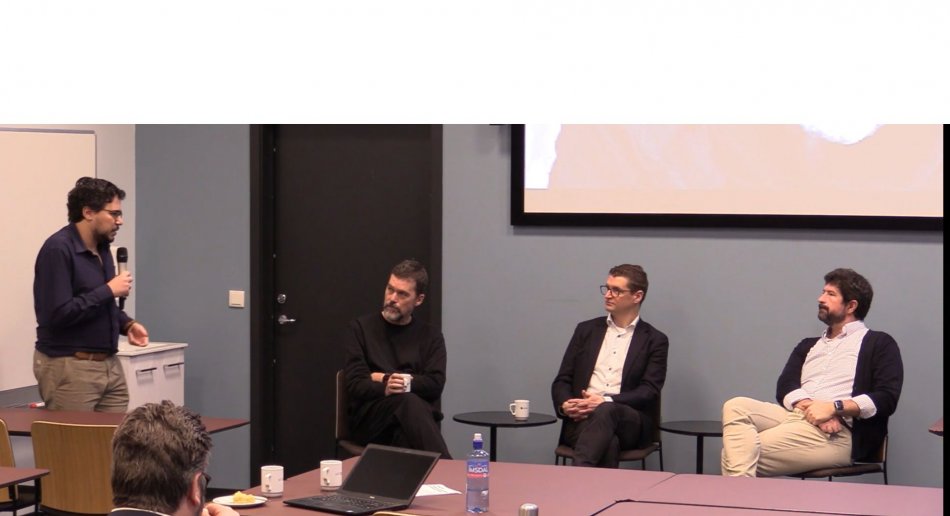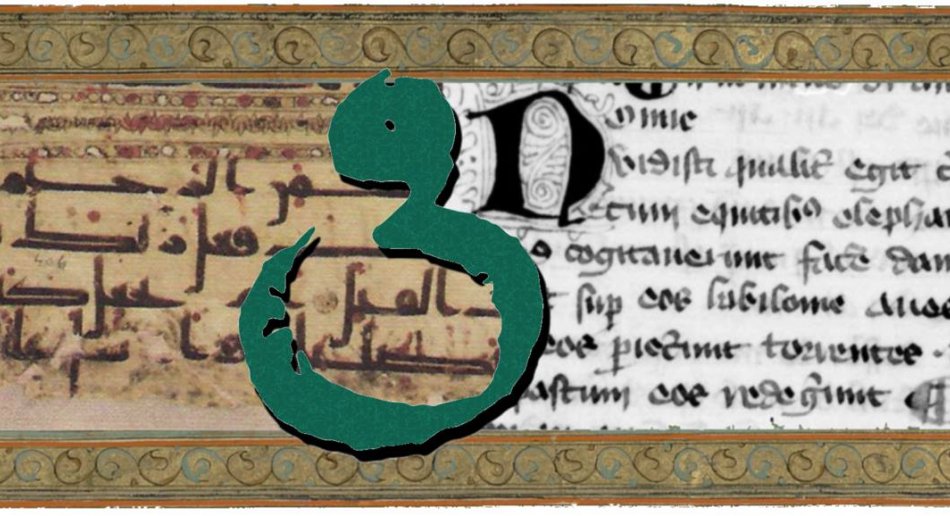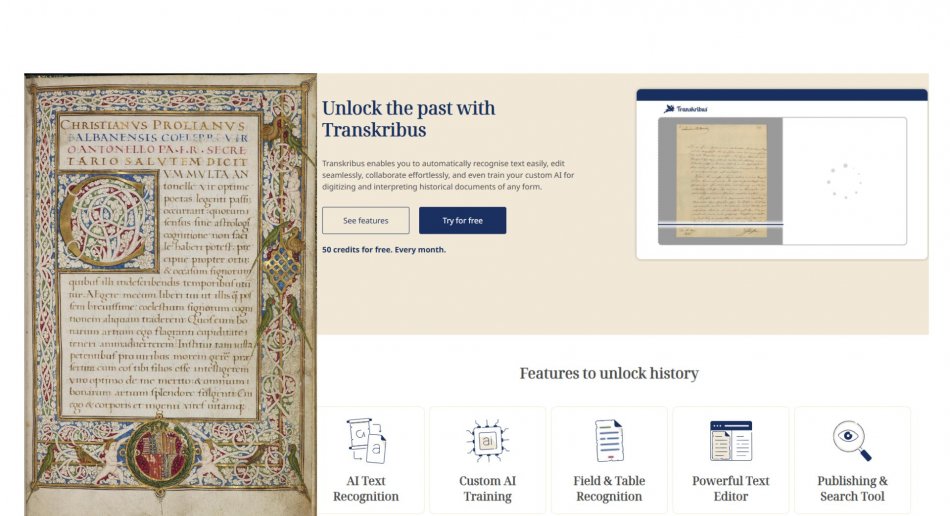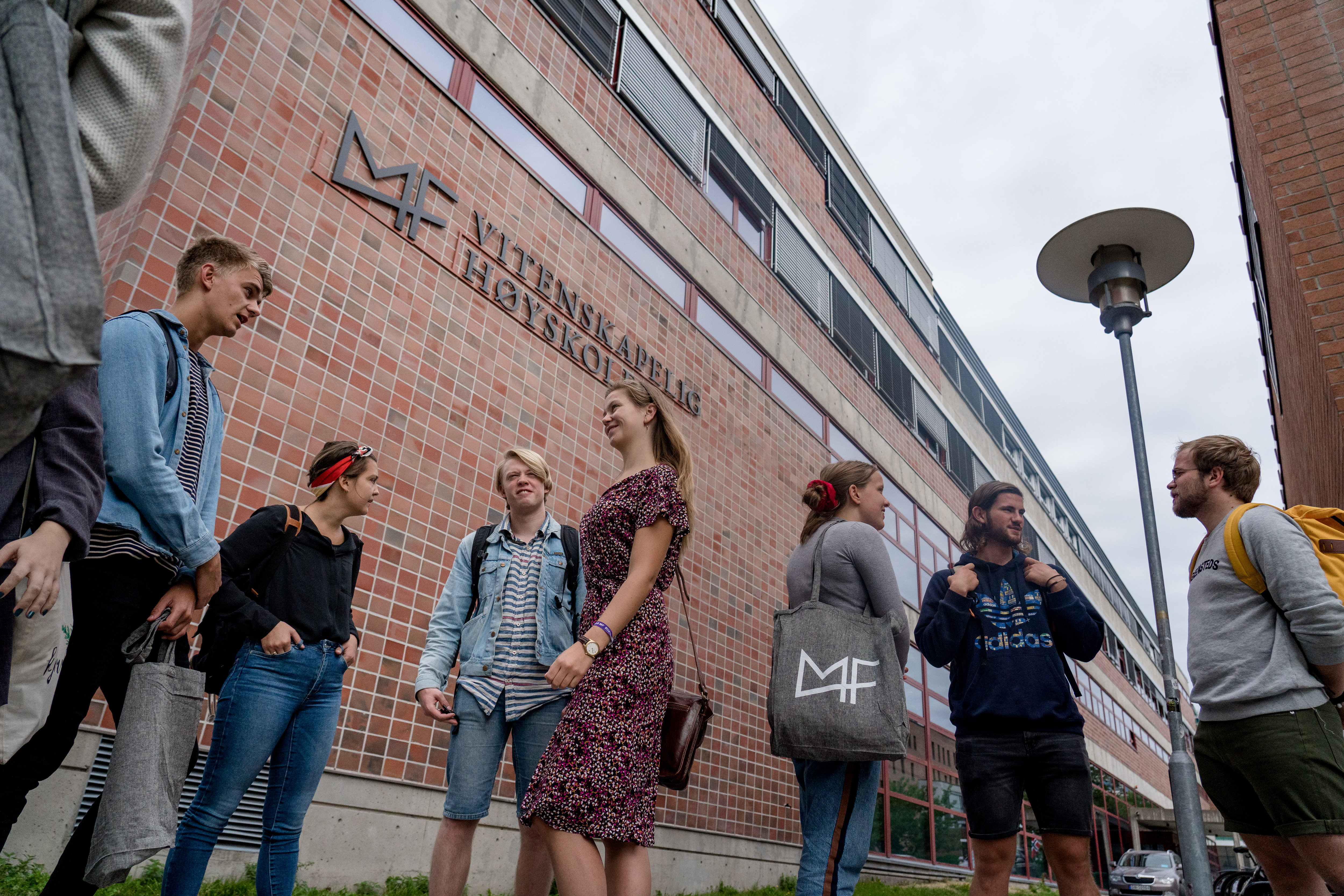MF is a private, independent educational institution engaged in research and education in theology, religion, and social sciences, with a particular focus on the intersection of religion and society.
We offer a range of study programs at the Ph.D., master's, and bachelor's levels. Students are trained for professions in the church, school, and society.
The specialized university has approximately 120 employees, 1300 students, and around 50 in the doctoral program.
MF is an independent, value-based Specialized University college where academic freedom, critical thinking, and democratic participation are emphasized. MF was founded in 1907 as the Faculty of Theology. In 2018, we changed our name to MF Norwegian School of Theology, Religion and Society.
Research
The research at MF is diverse and covers areas such as theology and interdisciplinary studies of religion and society.
Opening hours
Ordinary opening hours
Main entrance and reception:
Monday- Friday: 08.00 - 21.00
Saturday: 09.00 - 17.00
Sunday: Closed
Library and reading room:
Monday- Friday: 08.00 - 21.00
Saturday: 09.00 - 17.00
Sunday: Closed
News

Artificial Intelligence and the Humanities: New Opportunities and Challenges
Published: 18. February 2026
In December 2025, L-MaSDR hosted a seminar exploring the opportunities, challenges, and responsibilities that AI presents for humanistic research. Watch the presentations here.
A Visit to Juma Al Majid Center for Culture and Heritage
Published: 29. January 2026
During a two-week research stay in the United Arab Emirates, sponsored by the NYU Abu Dhabi Humanities Research Fellowships, the director of MF L-MaSDR had the opportunity to engage with several pioneering institutions.

MF CASR Lunch – Spring 2026
Published: 15. January 2026
MF CASR is pleased to announce our lineup of Tuesday Lunch Talks for the coming spring.

Transcribing Old Manuscripts with AI: Transkribus or Chatbots?
Published: 12. December 2025
Should researchers rely on specialised platforms like Transkribus to transcribe old manuscripts, or can general AI chatbots do the job just as well? In this post, I share my experiences testing both approaches on a medieval Latin manuscript.


